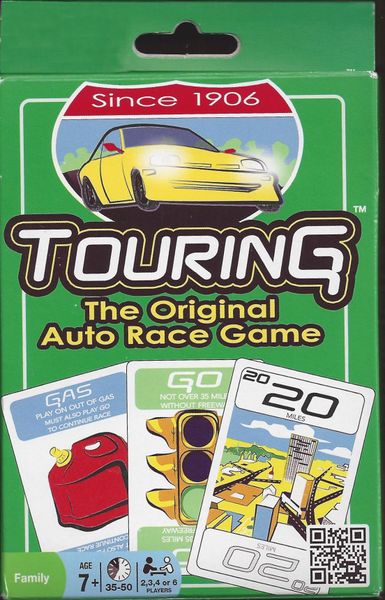Touring (1906) Board Game
Touring is a classic card game that was first released in in 1906. It was designed by William Janson Roche and has since become a popular game for families and friends to enjoy. The game simulates a road race, where players must collect mileage cards to advance and avoid hazards along the way.
Game Components of Touring
How To Setup Touring
To set up the game, players agree on a race distance of either 50 or 100 miles. Each player starts with a hand of cards, and the objective is to be the first to reach the agreed mileage. A Go card must be played before any mileage cards can be used.
Gameplay Mechanics and Game Objective
Mechanics
Game Objective
Player Experience
Touring offers a competitive and strategic experience where players must balance advancing their own progress with disrupting their opponents. The game requires medium-level skills and is suitable for 2, 3, 4, or 6 players. The dynamic between playing mileage cards and using delay and remedy cards creates a engaging and sometimes frustrating experience, adding to the game’s charm.
Pros
Cons
Personal Thoughts on Touring
Touring is ideal for those who enjoy light, strategic card games with a historical twist. It’s a great option for families or casual gamers looking for a game that combines simple rules with interactive gameplay. However, it may not appeal to players seeking highly complex or modern-themed games. The reissue by Winning Moves in 2014 makes it accessible to new generations of gamers interested in classic games.
We are supported by our audience. When you purchase through links on our site, we may earn an affiliate commission, at no extra cost for you. Learn more.

